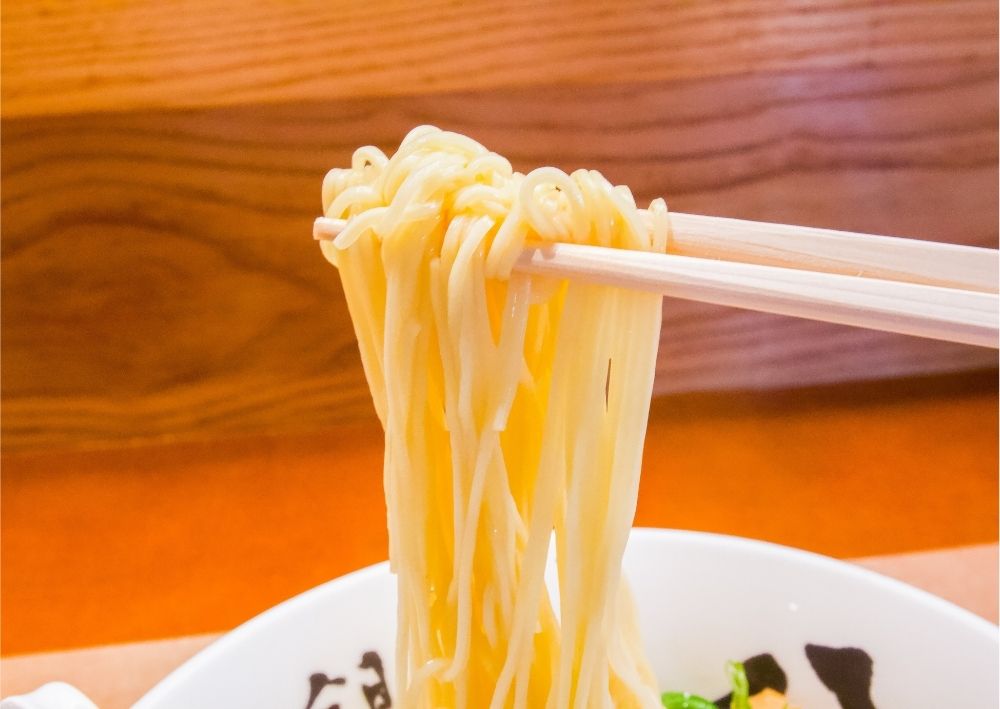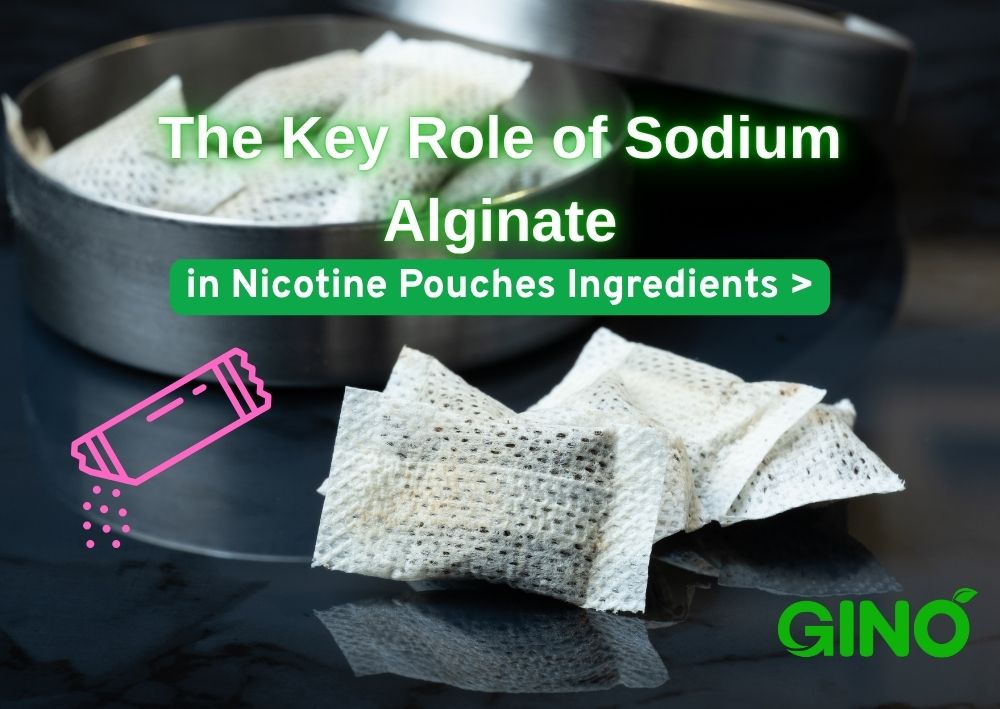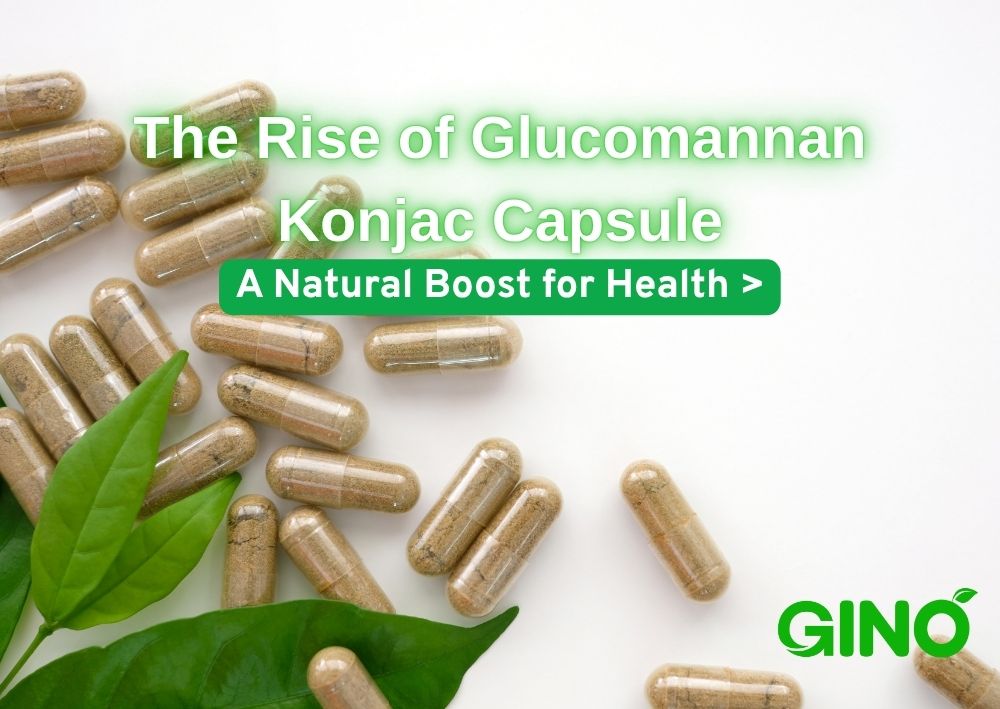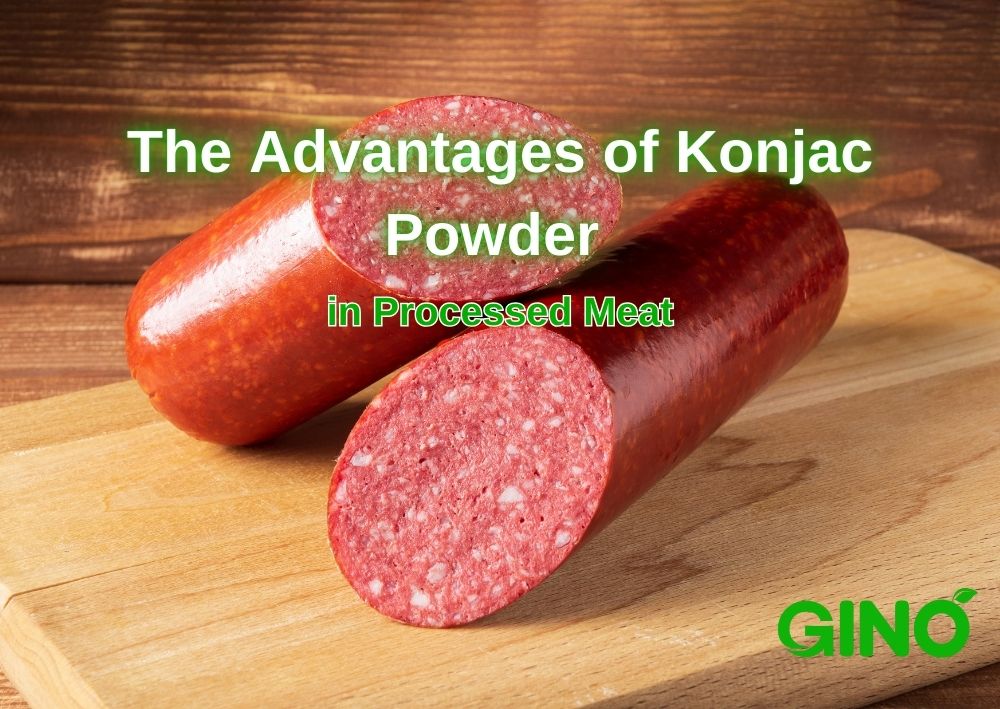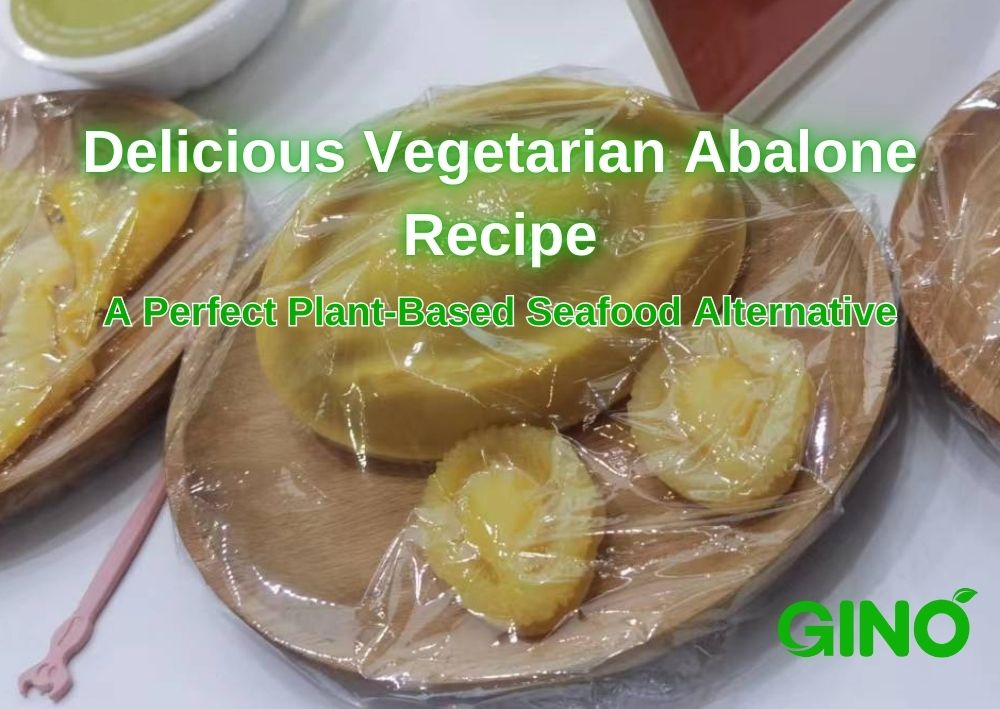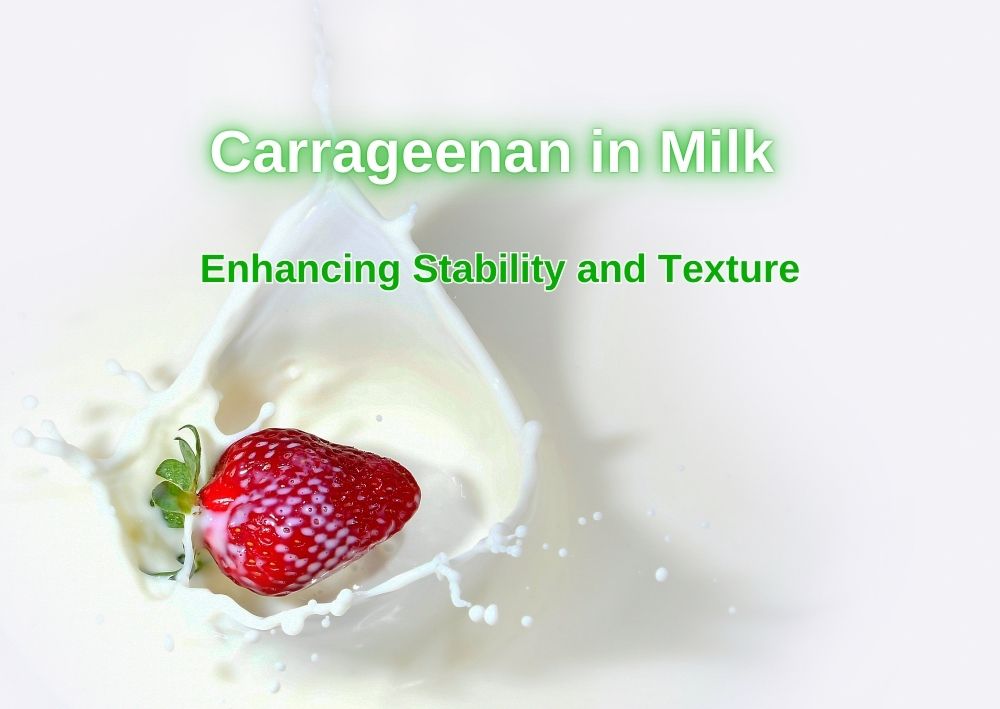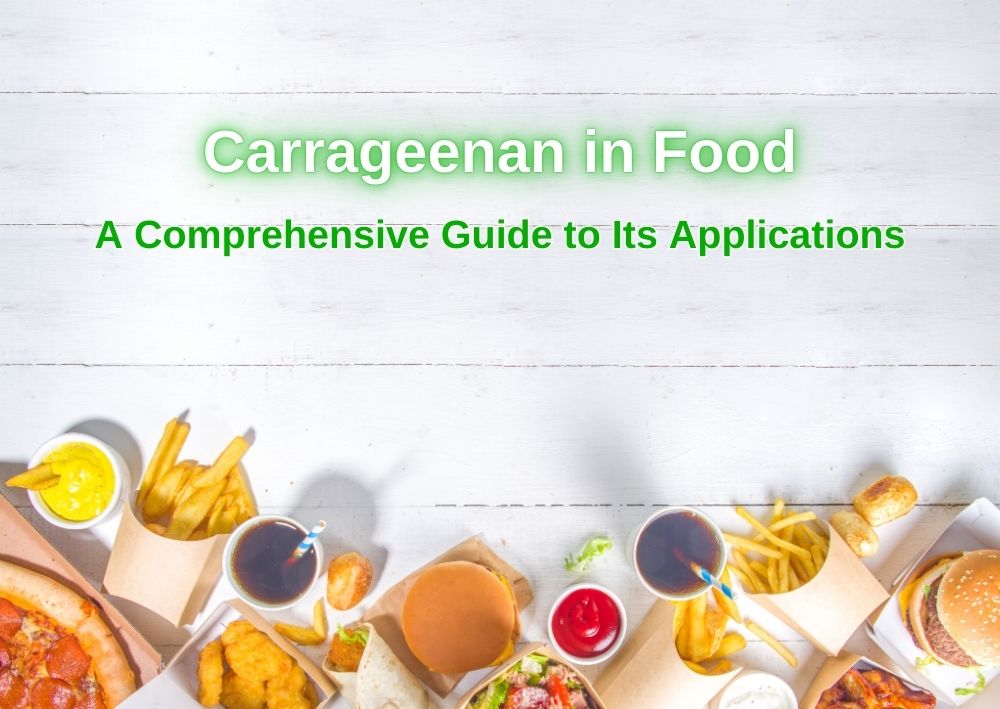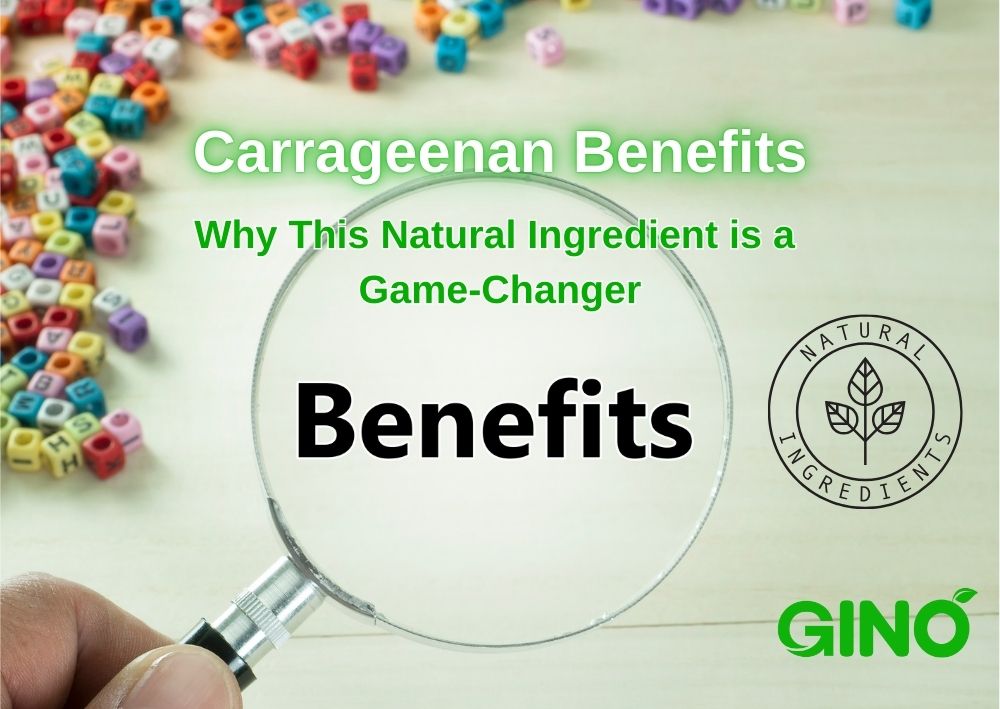
Propylene Glycol Alginate Uses in Noodle Products
Propylene Glycol Alginate Uses in Noodle
1. Introduction
Propylene Glycol Alginate (PGA) is a processed derivative of alginic acid extracted from brown seaweeds such as kelp. This esterified product offers many unique benefits, including water solubility, excellent gel formation in acidic environments, and strong resistance to salt. These properties make PGA an ideal additive for various dough-based products.
In this article, we’ll explore the propylene glycol alginate uses in noodle products like bread, fresh noodles, and instant noodles, and how it enhances their quality and stability.
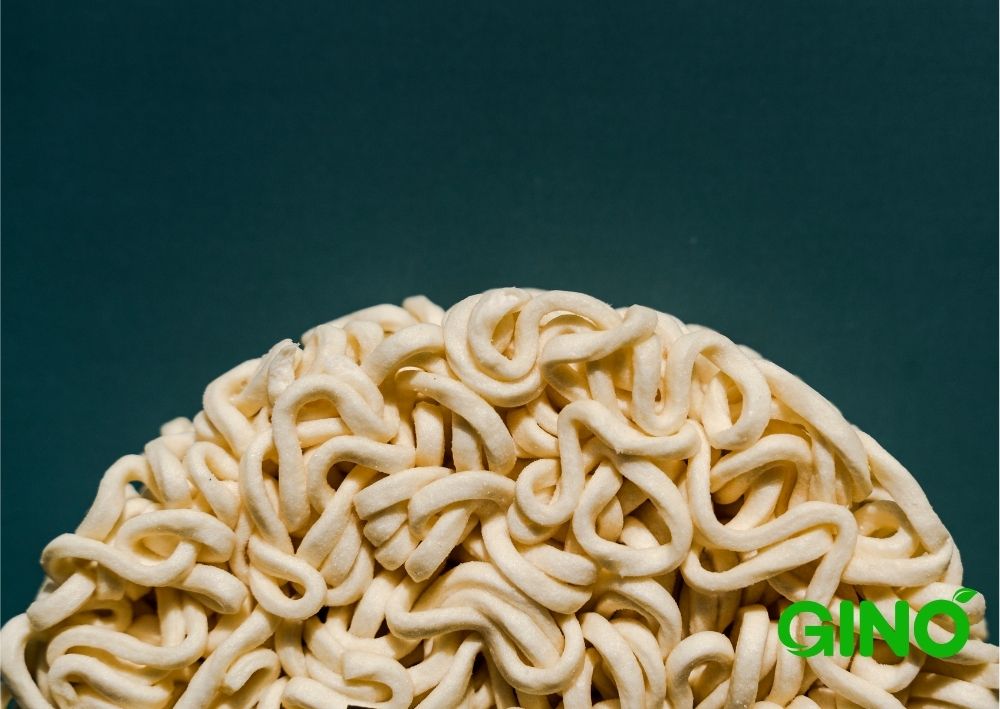
2. What is Propylene Glycol Alginate?
Propylene Glycol Alginate (PGA) is a processed derivative of alginic acid, which is extracted from brown seaweeds like kelp and giant algae.
This esterified version of alginic acid offers unique advantages, such as water solubility, excellent gel formation in acidic environments, and strong resistance to salt.
These properties make it an effective ingredient for enhancing the stability, texture, and overall quality of various dough-based products, including bread, fresh noodles, and instant noodles.
3. Alginic Acid vs Propylene Glycol Alginate
Compared to alginic acid, PGA has significant advantages.
It dissolves directly in water to form a viscous gel, making it highly versatile in food applications.
It is also soluble in organic acid solutions and forms stable gels in acidic environments (pH 3-4) without precipitating.
Additionally, PGA has excellent salt tolerance, remaining stable even in high-electrolyte solutions. This stability against metal ions like calcium and sodium makes it ideal for use in a wide range of food and beverage products where stability and prevention of precipitation are essential.
4. PGA's Molecular Structure and Benefits
PGA contains both hydrophilic and lipophilic groups in its molecular structure. This unique combination gives it excellent emulsifying and stabilizing properties, making it a highly effective surface-active agent.
Because of its water solubility and emulsifying properties, PGA is particularly useful as a stabilizer in products like creams, syrups, beer, beverages, and salad oils. Its properties are especially advantageous in baked goods, where it improves dough quality, enhances the formation of protein networks, and boosts the final product’s overall texture.
5. Propylene Glycol Alginate Uses in Noodle Products
5.1 Bakery Products (Bread and Pastries)
In bread and pastry making, propylene glycol alginate enhances the protein binding strength of flour, promotes the formation of a network structure, and improves the wrap ability of the dough, ultimately leading to better product quality and yield.
Experimental studies have shown that the shaping speed of bread increases with the addition of propylene glycol alginate, with an optimal addition range of 0.2-0.5%.
5.2 Fresh Noodles (Udon Noodles)
PGA is particularly beneficial in fresh noodles due to its strong acid resistance.
It ensures that the product maintains excellent characteristics, such as smooth texture, good elasticity, and strong gluten strength, even during long-term storage, thereby guaranteeing long-term stability and extending shelf life.
5.3 Instant Noodles
In instant noodles, propylene glycol alginate, as a high molecular weight colloid, improves the texture of noodle products, making them chewy, smooth, and elastic.
It also enhances the cooking and soaking resistance of the noodles.
Additionally, as an emulsifier, it reduces the oil absorption rate during frying, alleviating oil rancidity, and makes rehydration easier during preparation.
6. Regulatory Guidelines for Propylene Glycol Alginate Uses
According to the food additive standard GB 2760-2014, the maximum usage limit for propylene glycol alginate is 0.5 g/kg, with a maximum daily intake limit of 70 mg/kg body weight.
These regulations ensure that propylene glycol alginate uses remain safe and beneficial in food products, providing consumers with high-quality and stable food products.
7. Advantages of Propylene Glycol Alginate in Noodle Products
Propylene glycol alginate can improve dough water absorption, stability time, and flour quality evaluation while reducing dough weakening.
It enhances flour quality and gluten strength, fortifying the gluten protein network and increasing dough stability.
PGA can reduce the optimal cooking time and dry matter loss rate of noodles, while improving their hardness, chewiness, elasticity, and recovery properties.
It also reduces stickiness and adhesion, improving the sensory quality of noodles, such as creating a smooth and fine surface, chewiness, elasticity, and a pleasant mouthfeel without sticking to the teeth.
Conclusion
Propylene Glycol Alginate is an effective ingredient for improving the texture and stability of noodle products. It enhances dough elasticity, improves noodle firmness, and extends the shelf life of fresh and instant noodles.
As research continues, the potential uses of PGA in other food categories are likely to expand, making it an increasingly valuable resource for food manufacturers.
Interested in enhancing the quality of your noodle products with Propylene Glycol Alginate? Contact us today to learn more about our high-quality PGA and how it can benefit your food production!
Contact us